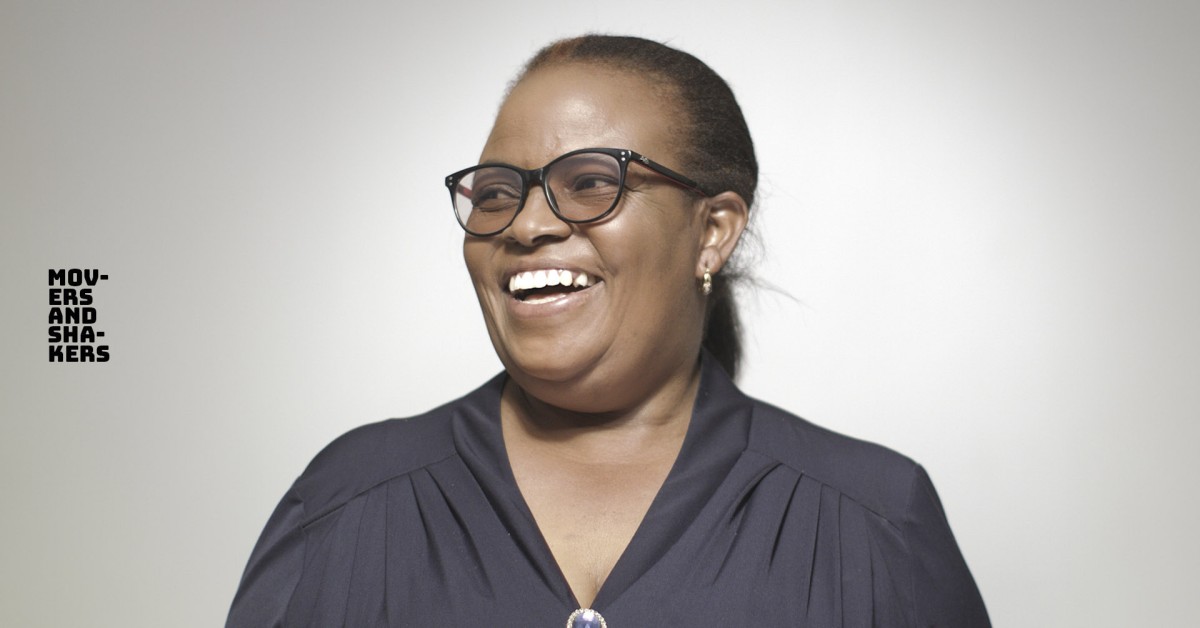Putting WASH First for Recovery and Resilience
The World Health Organization’s (WHO) declared the emerging Corona Virus Disease-2019 (COVID19) as a public health emergency of global concern at the end of January 2020, and on 11th March declared it as a global pandemic.

As of 28 November 2021, greater than 260 million confirmed cases and about 5.2 million deaths globally have been reported. The Covid-19 pandemic has posed undeniable challenges to global public health along with sever socioeconomic and political consequences.
Facts
One in five schools has no sanitation facilities
One in two schools lacks basic handwashing facilities
At the peak of this pandemic 84% of healthcare facilities in Sub-Saharan Africa do not have basic hygiene service at points of care
Safe water, hand washing facility with soap, and hand washing knowledge and practice are required but hardly accessible
Since the start of pandemic, WHO recommended good hygiene practices, keeping a physical distance, wearing masks and avoiding crowds as measures for preventing infection with Covid-19 in community, schools, Health Care Facilities (HCF), and other public spaces. To maintain good hygienic condition, access to safe water, hand washing facility with soap, and hand washing knowledge and practice are required.
However, globally, 3 billion people lack access to water and soap at home level. One in five schools has no sanitation facilities, and almost one in two lacks basic handwashing facilities. This puts over 800 million children, many of whom rely on schools for basic nutrition, at risk of a health crisis that is not just due to Covid-19. At the peak of this pandemic, shockingly 84% of healthcare facilities in Sub-Saharan Africa do not have even basic hygiene service at points of care. Shortage of the personal protective equipment (PPEs) globally left the doctors, nurses and other frontline workers dangerously ill-equipped to care for Covid-19 patients and themselves.
Continuity and quality of WASH services affected by the pandemic
The secondary effects of the pandemic including disruptions to supply chains, inability to pay bills, or panic-buying, has had negative impact on the continuity and quality of water and sanitation services, the ability of affected households to access and pay for WASH services and products (i.e. soap, point of use water treatment or menstrual hygiene products) and the ability for schools, workplaces and other public spaces to maintain effective hygiene protocols when they re-open.
In 2016, it was estimated that in developing countries 0.13% to 1% of the gross regional product (GRP) is needed to achieve SDG 6 targets of universal access to WASH service by 2030 (according to: Hutton, G, Varughese, M. The Costs of Meeting the 2030 Sustainable Development Goal Targets on Drinking Water Sanitation and Hygiene. World Bank; 2016).
The reduced GRP and increased demand due to Covid-19 combined with consequences of climate change, mean that investments in WASH services, in particular for those in vulnerable situations should be prioritised for durable, inclusive and resilient recovery.

'The programme has contributed to reducing the risk of Covid-19 contamination for those who already were facing different barriers to use WASH services at their homes, schools, health care facilities and other public places.'
Implementation of WASH First programme
Between September 2020 and November 2021, WASH SDG consortium implemented WASH First Programme, funded by Dutch Ministry of the Foreign Affairs, in Indonesia, Ethiopia, Kenya, Mozambique, Rwanda and Uganda. The programme aimed at promoting health related hygiene practices to prevent further spread of Covid-19 through awareness raising and improved access to WASH services for almost 5.5 million people.
The timely allocation of this funding enabled the WASH SDG consortium partners to take immediate action, at the time when without a vaccine, increasing access to water and soap was the first line of defence. Building upon the existing ties and mutual trust with communities and local actors, the programme has contributed to reducing the risk of Covid-19 contamination for those who already were facing different barriers to use WASH services at their homes, schools, health care facilities and other public places.

Introducing the Movers and Shakers
While the need for urgent additional investment in inclusive and resilient WASH services remains, we had the privilege to work with many “Movers and Shakers” during the WASH First programme. These inspiring souls courageously took responsibility and led the actions despite their circumstances. They have made a difference. Because ‘doing nothing was not an option’. We are honoured to share their stories and call upon you to also take action for water, sanitation and hygiene.
Want to know more about WASH First? Contact Sara Ahrari, WASH First Programme Manager
Programmes
WASH SDG
The goal of the WASH SDG programme was to sustainably improve access to, and use of, safe drinking water for at least 450,000 people, sanitation for at least 2 million people and improve the hygiene behaviours of 1.6 million people.
WASH First
Prevent the spread of Covid-19 by promoting hygiene awareness and improving access to safe and clean water, toilets and washing facilities.

